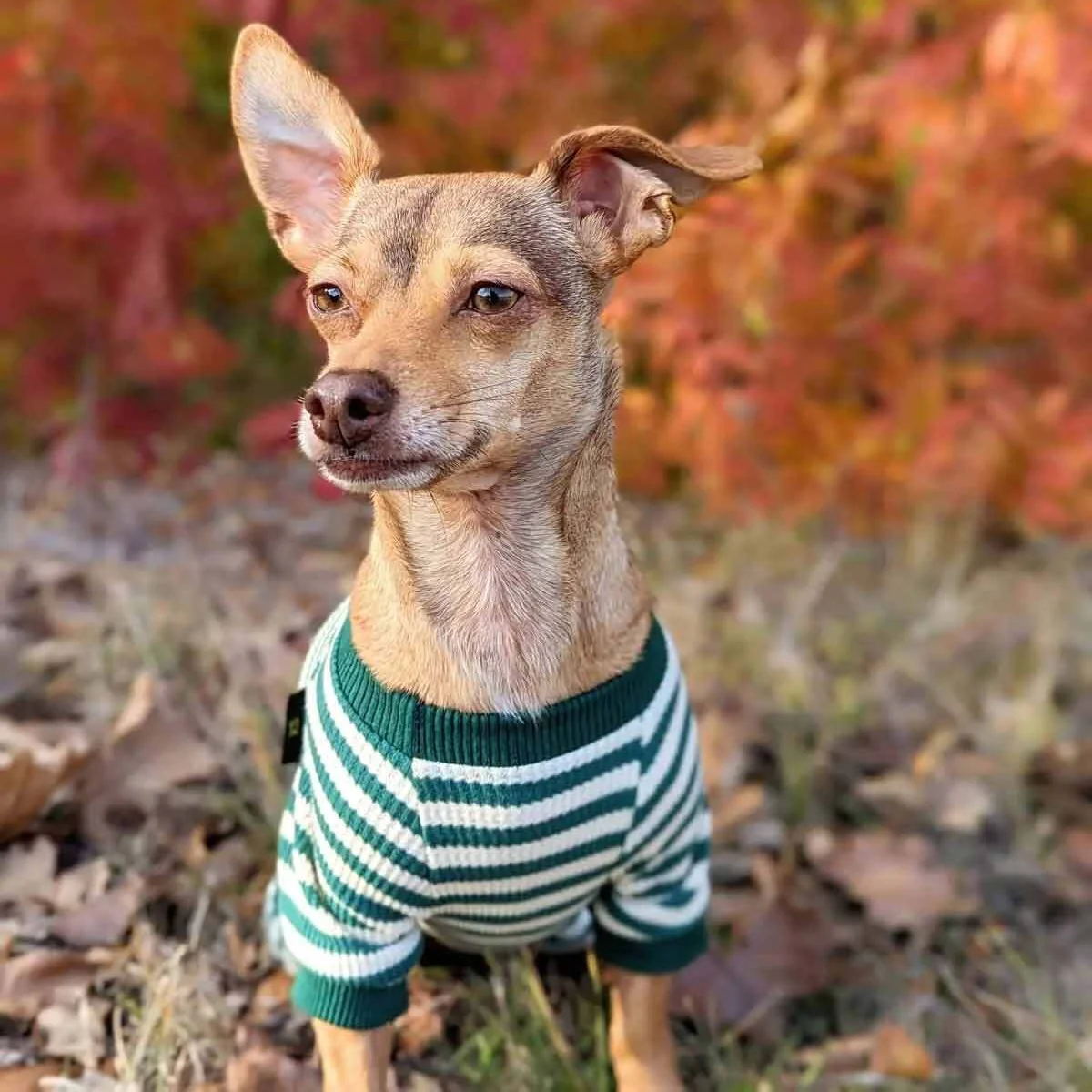Anxiety in dogs isn’t uncommon, but it is hard to treat. Unlike humans, you can’t just talk to your dog about what’s bothering him. You have to pick up on subtle clues, and from there, make the best decision about a plan of treatment.
While your first step for dealing with your pet’s anxiety should be to talk to your veterinarian, you can also take matters into your own hands. Many dog owners are hesitant about using drugs to treat their furry friend’s fears, and there are a number of natural alternatives that might work just as well. In this guide, we’ll discuss 5 alternative ways to treat your dog’s anxiety.

1. Acupuncture
Acupuncture might be something that you only think of for humans, but it can be helpful for dogs as well. In addition to positive reinforcement training, acupuncture has been shown to be an effective way to reduce canine anxiety.
Acupuncture involves inserting small stainless-steel needles into specific acupuncture points in the body. This produces a physiological response to provide pain relief, decrease inflammation, and produce a calming effect. Most dogs actually fall asleep during treatments! Veterinary Acupuncture in Santa Rosa has been conducting canine acupuncture for years with much success.
2. CBD
CBD is derived from either hemp or cannabis, and its scientific name is cannabidiol. Unlike its close relative, THC, CBD doesn’t produce any psychoactive effects in humans or dogs. Recent studies have shown that CBD might be an effective way to help calm anxious dogs. CBD can be given through oil or even CBD-infused dog treats.

3. Training
It should come as no surprise that training itself is a great way to treat anxiety. For anxious dogs, de-sensitization is often the best approach to help them cope with the root of their fears. For some dogs, for instance, they might experience anxiety being left alone. By de-sensitizing them to this problem, they’ll feel less fear and less anxiety over time.
If you feel out of your element or if your dog is experiencing greater challenges, it’s worth working with a dog behaviorist. These individuals are trained to help with problems like anxiety, and they can help you create the right plan for your pet.
4. Dog-Calming Music
Does it ever seem like Fido is paying close attention to your music? That’s because he probably is. Humans aren’t the only species that like calming music. Choosing music specifically designed for dogs or playing the radio when you’re away can help calm your dog. This is especially true if your dog has noise phobias or unexpected sounds excite him.
5. Natural Supplements
Finally, your dog might benefit from some natural supplements designed to help with anxious and hyperactive dogs. The most common supplements for these problems are L-theanine, an amino acid found in tea leaves. This stimulates alpha brain waves, helping create a relaxing state for dogs.
Another option is thiamine, a water-soluble vitamin of the B complex. This has shown to affect the central nervous system to help soothe dogs feeling anxious. Try introducing these supplements into your dog’s daily diet.
Final Thoughts
Soothing your anxious dog won’t happen overnight, but you can make big changes if you’re patient. Your dog deserves a life that’s calm and stable, so do all you can to help with their feelings of anxiety.
While these natural alternatives above are a great resource, don’t forget that there are legitimate reasons to try drugs through your vet. Always trust their advice when it comes to keeping your dog healthy and happy.






Leave a Reply